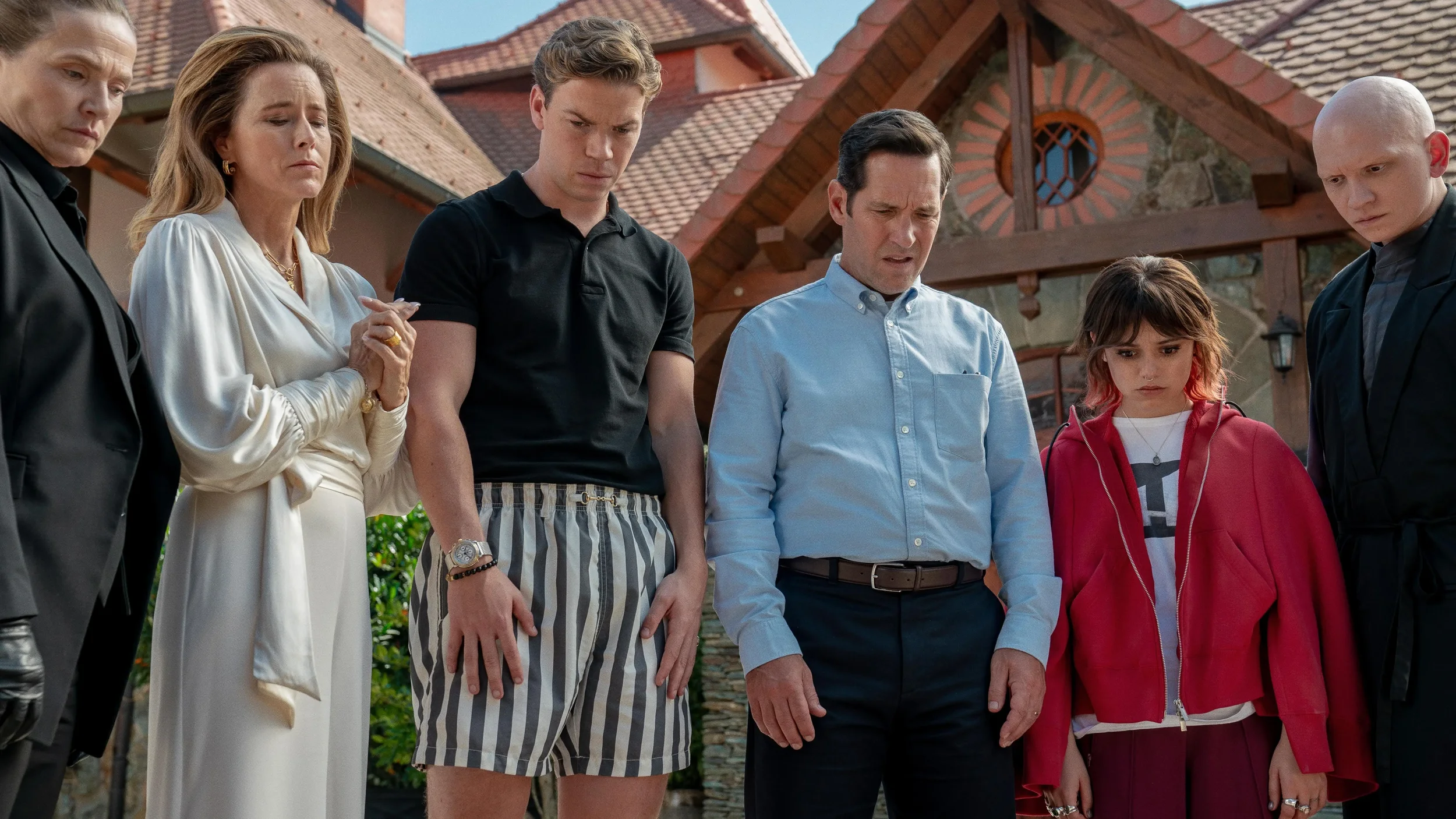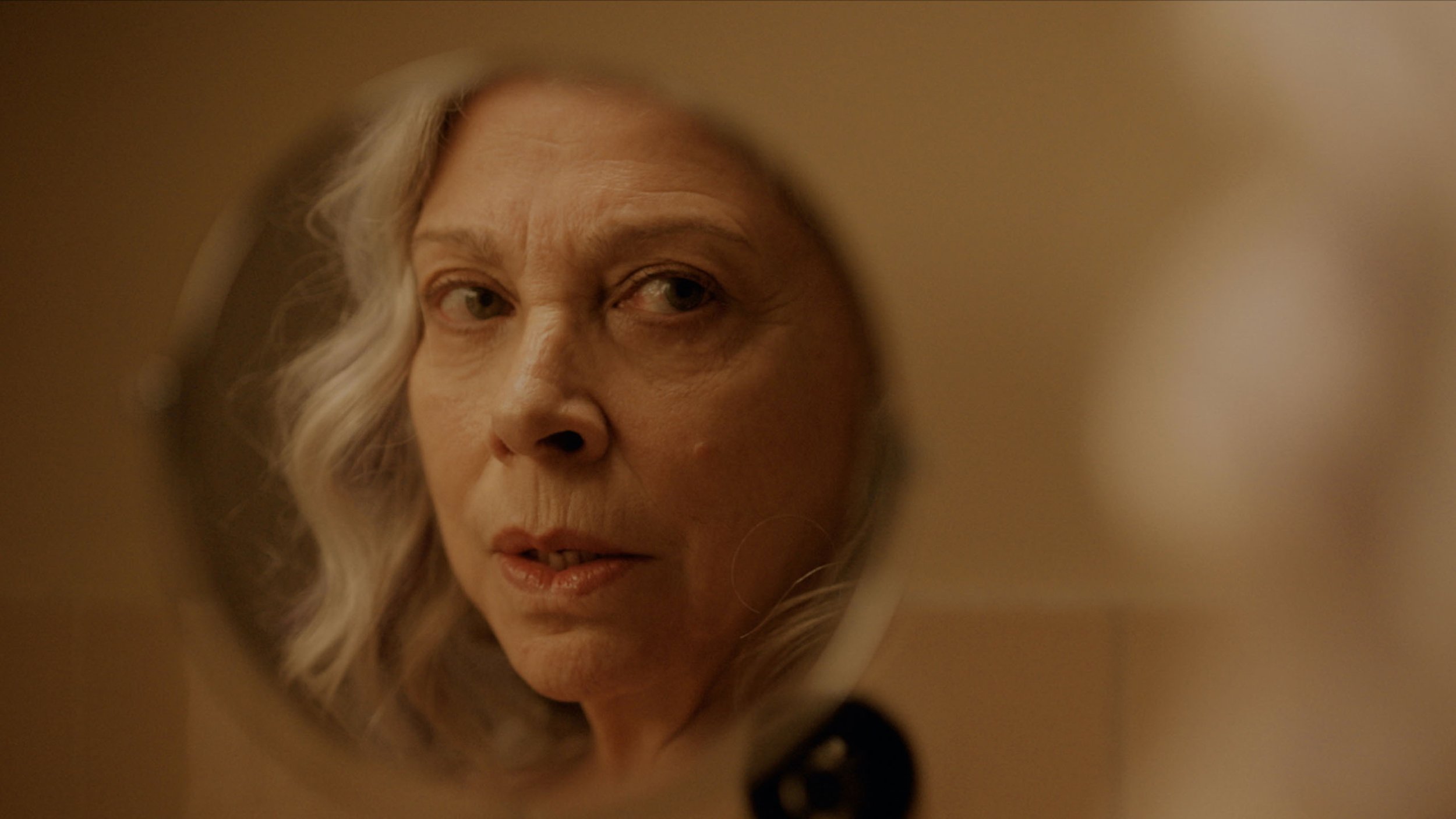Love Hurts is offensively bad. It feels as though it was written by a first-generation AI large language model.
The movie follows Clark, a real estate agent who appears to be a real sweetheart. Why does he bake you a cookie and show you a house? Because he genuinely wants you, too, to have something you are proud of. He gives meaning to his job, and in return, gets meaning back from it.
Welcome to the barage of platitudes that is this movie, folks. Really, every single character’s dialogue in this one is unrealistic. For example, in the first ten minutes, Clark’s assistant confesses to being suicidal. That’s right—an unnecessary side character, on a quick work call with her boss, nonchalantly mentions that her life might not be worth living. And the writing glides over this bomshell just as lightly as it had dropped it, by having Clark talk it away in three lines. What?!
If you are like me and like to be patient with movies, your patience will not be rewarded. It turns out that sweet little Clark is a former gangster (unbelievable), brother of the gang boss (unbelievable), in love with a much younger woman (why? we never learn), and that she loves him back (unbelievable).
And so, the movie shows Clark fighting bad guy after bad guy, to keep away his gangster brother away from his love. The fight scenes are just as unrealistic as the rest of it; they are drawn out and in essence violence porn. The AI must’ve enjoyed coming up with gross ways for humans to be hurt.
Still here? At least one of the scenes is a 2-D green screen. Incongruous pop music blasts our ears for every fight scene, trying desperately to tell our brains that what we’re seeing is cool. It’s not.
Overall, this production is a disappointment for the acting talent, fight choreographers, production designers, and many other people working on it (I hope) who must’ve meant well.









